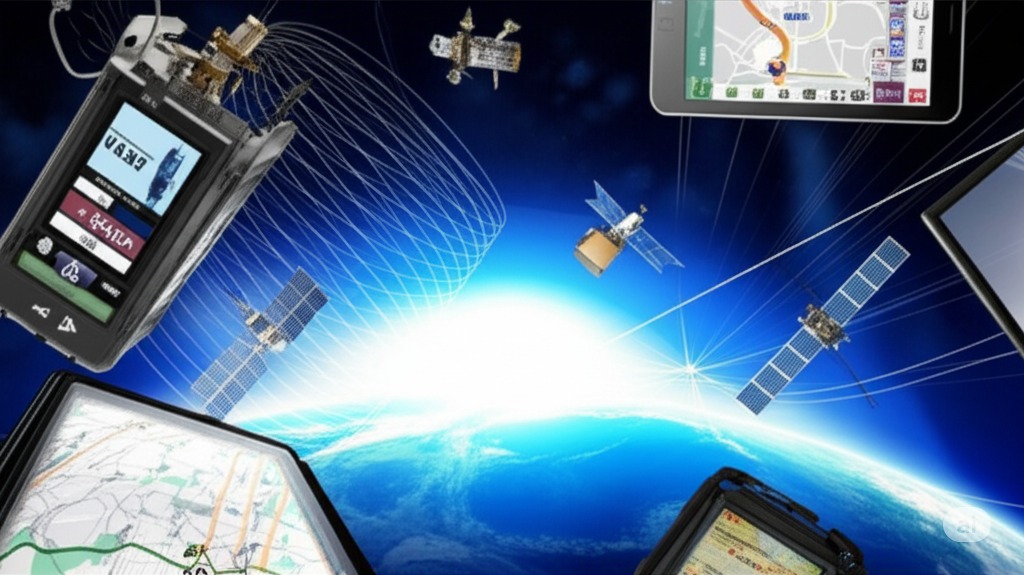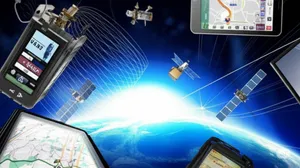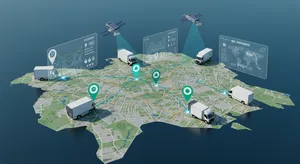Core System Components
- GPS tracking devices installed in vehicles
- Cellular data transmission networks
- Cloud-based management software
- Mobile applications for field access
- Integration APIs for data exchange
- Real-time location monitoring systems
- Vehicle diagnostics tracking capabilities
- Driver behavior analysis tools




